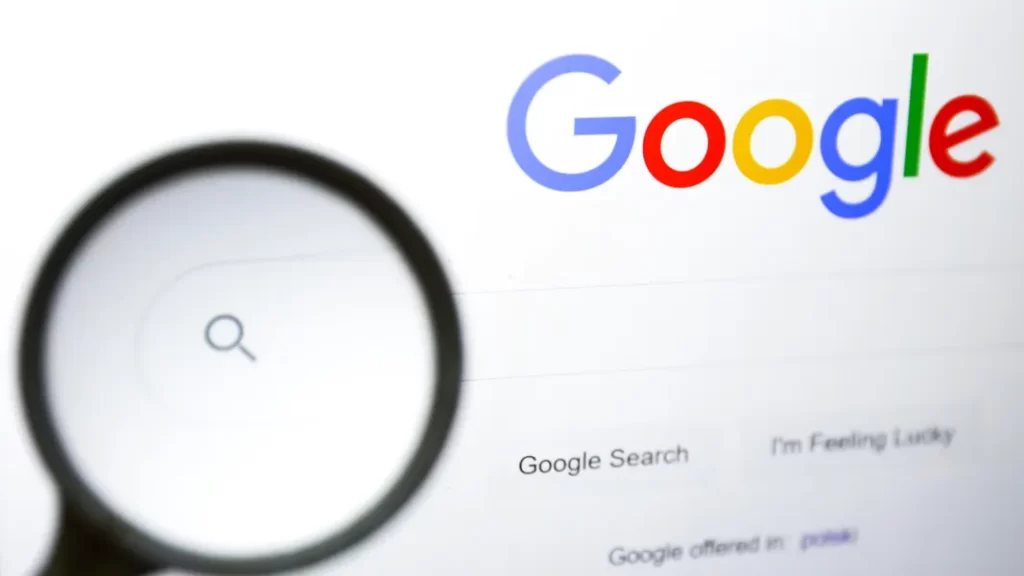Google has announced a major expansion of Google Translate, adding 110 new languages to the platform.
The update is part of Google’s 1,000 Languages Initiative, which uses AI models to support the 1,000 most spoken languages around the world, represents a significant step towards breaking down language barriers and fostering communication across diverse cultures. The new inclusions include eight languages from across Africa, which now join Nigerian languages Hausa, Igbo, Yoruba, Fulani, Kanuri, and Tiv, which were already supported by Google Translate.
Taiwo Kola-Ogunlade, Communications and Public Affairs Manager for West Africa at Google, highlighted the importance of this initiative: “Our mission is to enable everyone, everywhere, to understand the world and express themselves across languages. With the addition of these 110 new languages, including many from Africa, we’re opening up new opportunities for over half a billion people to connect and communicate.”
Africa, with its rich linguistic diversity, is a key focus of this expansion. The addition of numerous African languages underscores Google’s commitment to supporting underrepresented languages and amplifying voices from across the continent.
Kola-Ogunlade further explained the complexities involved in language selection: “A lot of consideration goes into new language additions for Google Translate, ranging from which languages to include to the use of specific spellings. Many languages do not have a single, standard form, so learning the specific dialect that is spoken the most in an area is more feasible. Our approach has been to prioritise the most commonly used varieties of each language.”
The latest expansion utilises the PaLM 2 large language model, following the addition of 24 languages in 2022 using Zero-Shot Machine Translation. This technology enables Translate to more efficiently learn languages that are closely related to one another or have various distinct dialects. Google collaborated extensively with native speakers to ensure accuracy and prioritise the most commonly used varieties of each language.
The 110 new languages represent over 614 million speakers worldwide, covering around 8% of the world’s population. This includes major world languages with over 100 million speakers, languages spoken by small Indigenous communities, and languages undergoing revitalization efforts.
Here are key African languages now supported by Google Translate:
Middle Africa: Kikongo
Eastern Africa: Luo, Swati, Venda
Western Africa: Fon, Wolof
Southern Africa: Swati, Ndebele










More Stories
FG has supported Naira with $8 billion, says Rewane
NNPC vs Dangote: Mele Kyari says security action taken against petrol reviewer
NBS latest data shows food inflation crashed by nearly 40%